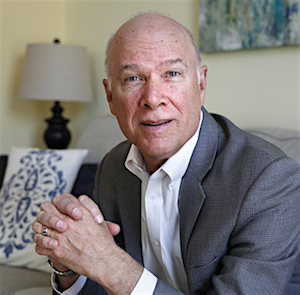
Steve Vernon’s Guide to Retirement Success
Steve Vernon's latest book on retirement, "Retirement Game-Changers," teaches anyone how to win not just the game of retirement income, but the game of life-after-55. Vernon (pictured) is an actuary whose interest in retirement planning grew as he grew older. Imagine that.


